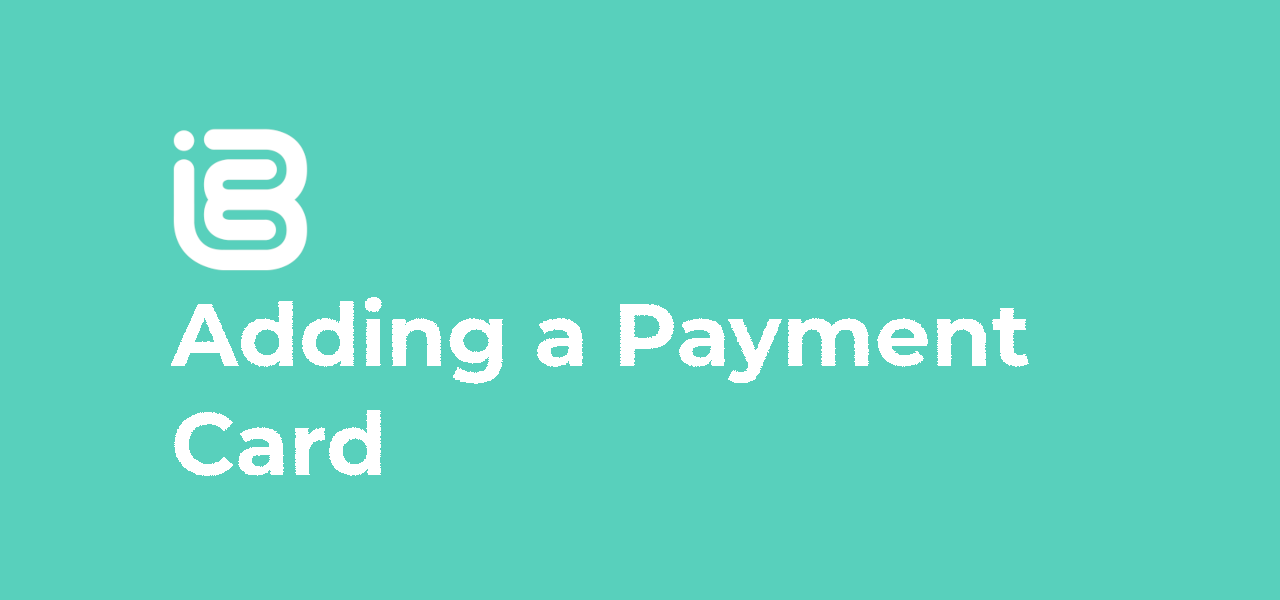What Constitutes A Suspicious Act That Could Lead To A Blacklisting?
Certain behaviors or actions could raise red flags, and may result in your credit card being flagged by the bank or the card issuer. A few examples include: Strange patterns of spending
The suspicion could be triggered by large purchases or sudden increase in expenditure compared to cardholder's usual behaviour.
Unrecognized Transactions-
Fraud is possible if the account statement for the cardholder indicates transactions that are unauthorised, unfamiliar or unapproved.
Multiple declined transactions
If you've had a track record of positive transactions, but your cardholder has been experiencing multiple declined or failed transactions in a short period of time, it could be a sign that there's a problem.
Geographic Anomalies-
Suspicions can be raised if you make multiple transactions in a variety of locations within a short amount of time or originate from a place that is far away from where the cardholder usually spends.
Abnormal purchase types
Unusual purchases of high value items, or that do not match the cardholder's spending habits may be reported.
Uncommon Online Behavior
Unexpected or unusual online activity, such as multiple failed logins, changes in account details, or suspicious login attempts, might be a sign of an unauthorised access.
Unusual Use of Cards
All instances in which the credit or debit card is used in a different manner than the normal way of usage, such as suddenly using it to conduct international transactions despite fact that it was previously used solely locally, may be suspicious.
Unexpected Cash Advances & Transfers
The large amount of cash advance or transfer that are out of the normal in the way that the cardholder spends may be a trigger for alerts.
Transactions that are frequently not authorised by a card
The unusually high volume of transactions (online, over the telephone or in any other way) that involve cards not in possession without previous experience could raise suspicion.
Issues related to Identity Verification
Issues with authenticating the identity of cardholders during transactions, especially when additional verification is needed, can result in suspicion.
These types of actions can cause fraud detection systems to be activated and monitoring systems at the issuer of the card, leading them to look into, or even block the card temporarily, or verify the authenticity of transactions.
![]()
What Should I Do If I Believe My Credit Has Been Placed On A List Of Blacklisted Cards?
If you believe your card may be listed on a blacklist, or there is suspicious activity associated with your card, immediately contact your card issuer.
Contact the customer service number on the card's back or go to the issuer's website to check if they have a hotline for fraud reporting.
Let the issuer know of your concerns, including that you suspect a fraudulent transaction or that your card could be compromised.
Report Suspicious Activity-
Discuss any unusual, unauthorised or suspicious transactions you notice on your statement.
Provide specific details about the transaction you're unsure about. Include dates, amounts and, if applicable the names of the merchants.
Request Card Blocking, Replacement, or Replacement
If you want to stop further unauthorised transactions you can request that the credit card issuing company temporarily block the card temporarily.
To continue access to credit, inquire about the procedure for replacing your credit card.
Check your account and dispute any charges.
You might have missed suspicious transactions or accounts in the event that you didn't review the recent transactions and account statements.
If you notice any suspicious transactions with your credit card call the issuer of that card to inquire about them.
Monitor and follow up on your creditscore
Make sure to contact your credit card company to find out if the issuer has taken the correct steps to resolve any issues you may have.
Monitor your account to determine whether there are any new changes or suspicious activities.
Consider placing a security freeze or fraud alert.
Depending on the severity, you might decide to put a fraud alert or freeze to your file to guard yourself against identity theft and future fraud attempts.
Send a report to Authorities-
Think about reporting identity theft and significant frauds to the Federal Trade Commission. You may also file a complaint with the local law enforcement agency.
The need to act swiftly is vital to limit potential losses and avoid future unauthorized transactions. Reporting suspicious activity promptly and collaborating with the credit card company can help you mitigate the impact of credit card fraud.

Who Are The Qualified Individuals Who Can Check Credit Card Numbers Using A Blacklist Application?
These professionals include: Fraud Analysts- Trained people within financial institutions who specialize in identifying and investigating fraudulent transactions involving credit cards. The professionals they work with include: Fraud Analysts - Financial institutions have specialists who are experts in identifying fraudulent transactions connected to transactions with credit cards and analyzing them. They use software and tools that are specially designed to identify patterns and anomalies, and may also reveal compromised card information.
Cybersecurity Experts: Specialists who have an expertise in cybersecurity. They monitor and identify cyber-threats like compromised credit card numbers. They are responsible to prevent data breaches and analyzing data to detect the signs of compromise.
Law Enforcement Officials - Specialized groups or individuals from law enforcement agencies that are able to investigate financial crimes, which includes credit card fraud. They have access resources and databases to track and investigate fraudulent transactions.
Compliance Officersare professionals in charge of ensuring compliance to the law and regulations applicable to financial transactions. They can oversee procedures for identifying suspicious activities associated with credit card.
Access to databases containing credit card blacklists as well as the authority to verify credit card numbers against lists are strictly regulated and require proper legal authorization, for example being part of an investigation by a government agency into financial crimes, or with specific authorizations from authorized authorities.
These professionals and teams use special programs, protocols, and legal processes to evaluate credit card numbers with blacklists. They must also follow strict privacy laws and security guidelines. If you're worried about security concerns regarding your credit card details, it is important to contact an authorized professional or institution. Inadvertent attempts at accessing or using credit card blacklists could lead to legal consequences. Take a look at the recommended savastan0 carding for blog tips.

Comments on “New Suggestions For Selecting Credit Card Apps”